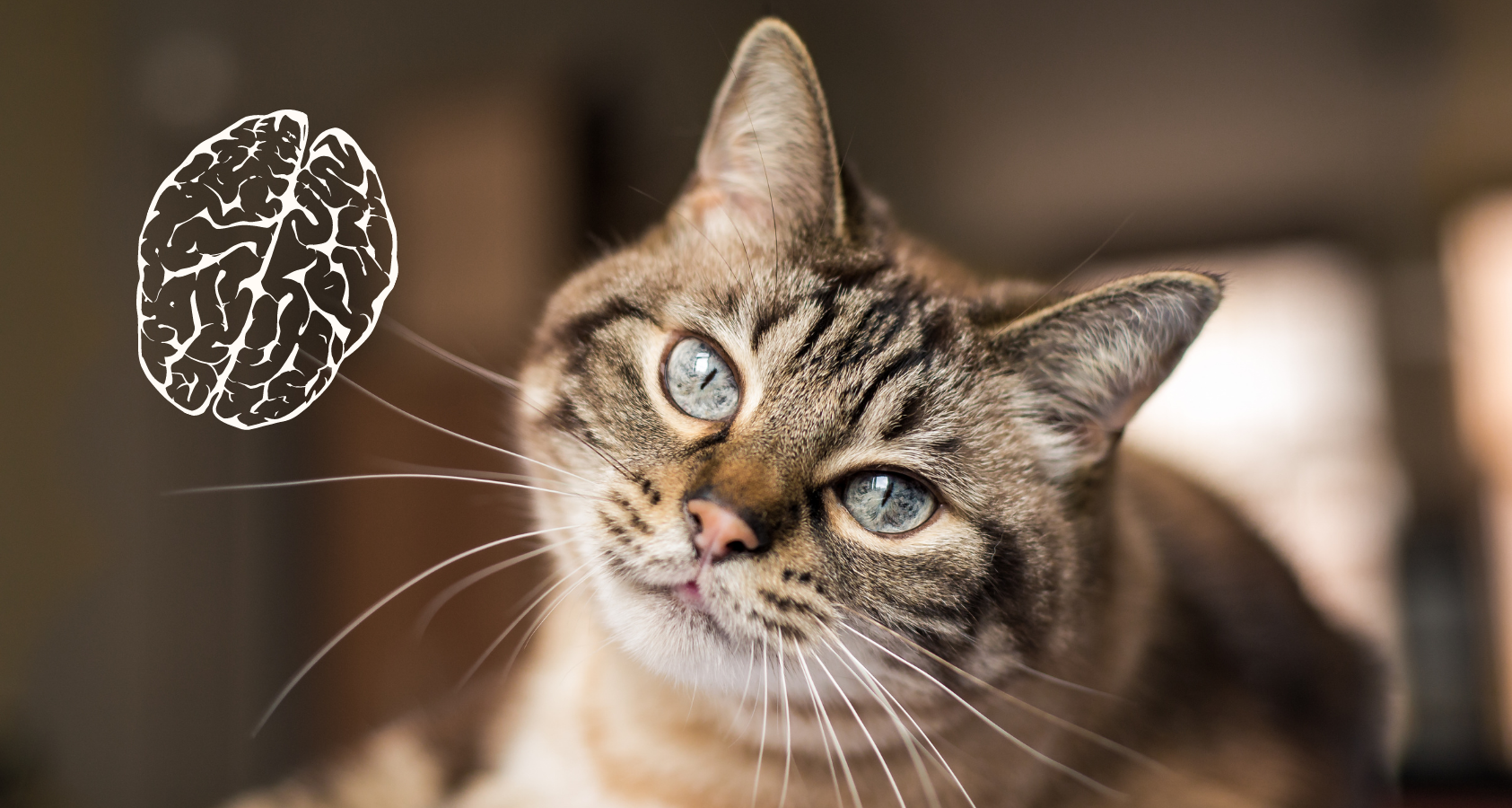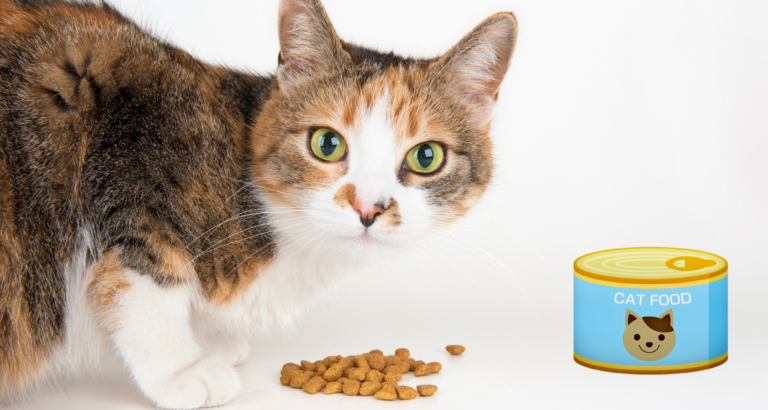Can Cats Be Autistic? Shocking!
Last updated on March 24th, 2023 at 11:06 pm
Reading Time: 4 minutesThis post may contain affiliate links. If you click and buy we may make a commission, at no additional charge to you.
Can Cats Be Autistic?
When people try to understand the behavior patterns of cats, a common question that comes up, is can cats have autism?
Many experts and cat lovers have found that there are similarities between people with autism and the special needs of cats.
Some common behaviors found in humans and cats on the autism spectrum are avoiding eye contact, not wanting to be touched or held by anybody, and repeating the same actions. However, is this a sign of Autism?
Continue reading to know.
What Is Autism?
Autism, in simple words is a spectrum of behaviors that affects the person’s ability to interact with others, communicate, and function in society properly.
People with autism have the following common traits:
- Difficulty adjusting to change
- Desire for organized
- Repetitive verbal sounds
- Difficulty processing outside noises and lights
- Predictable routines and situations
People with autism don’t love to play or work with other people or in groups. Such people get very interested in a certain activity and can quickly get obsessed with that subject. So, now that you’re familiar with the basic concept of autism. Let’s find out whether cats can be autistic.
Can Cats Have Autism?
Quick Answer
No. Cats can’t get autism, like humans and other animals, they can be diagnosed with other conditions known as special needs. However, they can’t be Autistic.
Cats can’t be autistic however they can be different and be marked with special needs which isn’t only limited to physical disabilities. Cats can also have mental impairment. These special needs conditions can be caused by:
- Illness
- Accidents
- Birth defects
In addition, cats can have Down syndrome-type symptoms like poor vision, poor hearing, wide-set eyes, uncommon behavior, and unusual shaped facial features.
– If your cat has any of these symptoms, take your cat to the vet for special treatment identification.
There is such a thing as a cat with special needs. However, cats can’t have the special needs that we know known as autism.
Do Cats Have Behaviors Similar to Those of Autism?
Yes, cats do exhibit behaviors that are considered and can be seen similar to the autistic spectrum.
It’s known that cats tend to enjoy their alone time, get obsessed over catching certain things, including toys, may easily get spooked by loud noises, lights, and even by too much affection. These are all typical cat behaviors, as mentioned above cats can’t get autism. Cats might have similar behaviors out of the ordinary. However, that’s most likely your cat acting up.
When cats make strange noises, cat owners think that they’re cats might have special needs such as autism. However, they don’t understand that cats make these noises for different reasons.
How Can Cats Display Autistic Tendencies?
We discussed that cats can’t get autism.
– Even if they display these tendencies they are not autistic however they might have or be experiencing other behavior problems.
- Vocalization
Both cats and kittens will show this symptom. It’s not an unordinary tendency. When your cat is chirping, meowing, and purring when it’s around you, it doesn’t mean that your cat is autistic.
Some cat breeds like the Oriental Shorthair cat are talkative by default. Other cat breeds rarely vocalize. If you feel that this behavior is due to distress, then it’s time to call a vet. Otherwise, if you have a loud kitty or a quiet one, don’t assume that you have an autistic cat.
- Lack of Social Interaction
Some cat breeds are independent, and they love to spend time alone. Sometimes they’re labeled as anti-social as well because they’re not interested in interacting with people and other animals. When your kittens shows this behavior, it can be due to their overall temperament.
– When cats are not exposed to humans during their growth into adulthood, they’ll lack social interaction.
Don’t associate their lack of social interaction with autistic behavior.
- Extraordinary Intelligence
There are plenty of cat breeds that are known for their extraordinary intelligence. Abyssinians and Birman cat breeds are examples of intelligent cat breeds. Cats can also be capricious. Many people consider this extraordinary intelligence as autism.
Sometimes, kittens show more interest in a particular toy or any other object in the home. It doesn’t mean that they’re autistic. Their curiosity forces them to focus on unfamiliar objects and people. Don’t worry if your cat is focusing on only one thing at home. There is a possibility that they might have found it more appealing than anything else.
- Sensory Abnormalities
People with autism are diagnosed with sensory abnormalities. Some kittens may lack focus and make uncoordinated moves. You can’t consider these behaviors as autism. But they show that there is something wrong with your cat. When you notice these irregularities in your feline companion, they can be due to infected wounds, depression, organ failure, and other health issues.
– These signs signal you to take your pet to the vet.

How to Support Your Unique Kitten?
All kittens and cats included are unique and special!
When you decide to bring a kitten home with some odd behaviors, they aren’t autistic. Treat the cat as your own. It will get used to being around members of the family. Make some efforts to create a friendly environment for your new guest. Simply treat it as any other cat.
Conclusion – Can Cats Be Autistic
The question was can cats have autism?
No, they can’t. We often try to compare their traits with humans with autism. Cats have some natural tendencies to vocalize, lack of social interaction, and extraordinary intelligence.
So, before you decide that your cat is autistic, ensure that you call a vet to discuss the behavior as it might be natural cat behavior.
About The Author
I'm a content writer and researcher. But bottom line, I loveee animals. I had my first animal which was a guinea pig at age 8. Later had a bunny, dog and a lot, a lot of fish. Writing about what I know about pets will allow me to share my knowledge and love for them with everyone else. Dealing with dogs my entire life, I know a lot.








